Our professional and compassionate team support people with a life-limiting illness to live every moment, and to approach death according to their values and what is important to them.
Our priority is to work alongside every patient to gain a deeper understanding of their suffering and work through the many ways we’re able to alleviate troubling symptoms.
While assisting dying is not a service we provide at Harbour Hospice, we respect a patient's right to choose and will work positively to transfer them to an authorised physician.
Throughout this entire process our care continues, supporting family and whānau as they work through their grief and loss.
No matter what a person’s personal wishes or values, we will care for them and support family and whānau through their grief.
Commonly asked questions
We appreciate that patients and their families may wish to discuss assisted dying. Our priority is to work alongside every patient to gain a deeper understanding of their suffering and work through the many ways we’re able to alleviate troubling symptoms.
Anyone who requests specific information about assisted dying will be connected to the Support and Consultation for End of Life in New Zealand group (SCENZ), established by the Ministry of Health.
There is always something than can be done. Palliative care is given right up until the very moment a person dies, and beyond, with ongoing support for family and whānau. Our specialist care team helps people manage pain and other distressing symptoms, by supporting a person's physical, emotional and spiritual wellbeing, which can improve quality of life.
To learn more about the End of Life Choice Act and the introduction of assisted dying in New Zealand, click here to read official information from the Ministry of Health.
Palliative care is active treatment
Receiving Hospice care does not mean doing nothing, or ‘giving up’. Pain control continues to the end, alongside emotional, spiritual and social wellbeing.
Good pain relief improves quality of life
Physical, emotional and spiritual pain can be equally upsetting. Hospice works to understand your 'pain', so you can continue to enjoy life in the way that's most important to you.
Giving someone a syringe driver is not assisted dying
Syringe drivers administer medication in a strictly monitored and safe way to manage distressing symptoms.
It's normal to stop eating and drinking close to death
* Palliative care, as defined by the World Health Organisation, “intends neither to hasten nor postpone death”. This philosophy is a cornerstone of hospice care in New Zealand. Palliative care is holistic – physical, emotional, spiritual, social and cultural needs are all valued equally.

Te Kahu Pairuri mai i Takarunga ki Te Hana